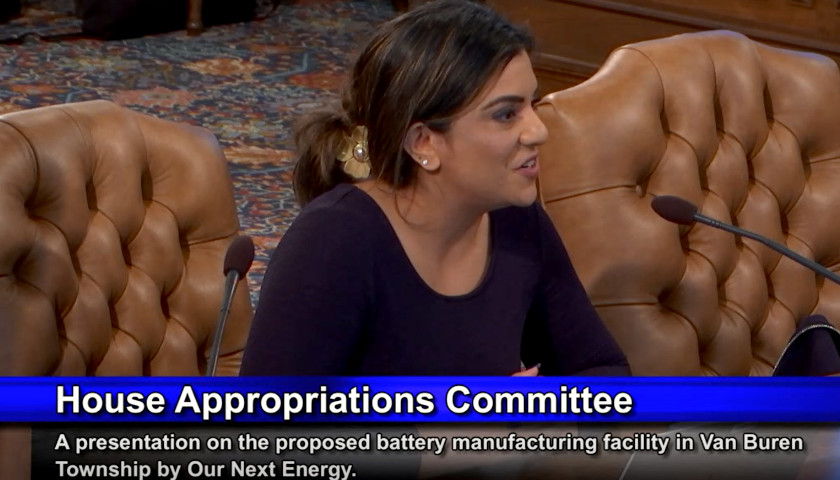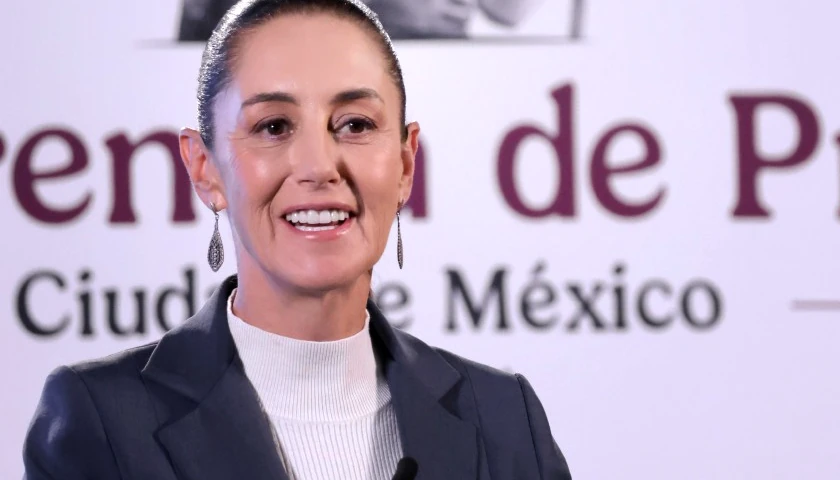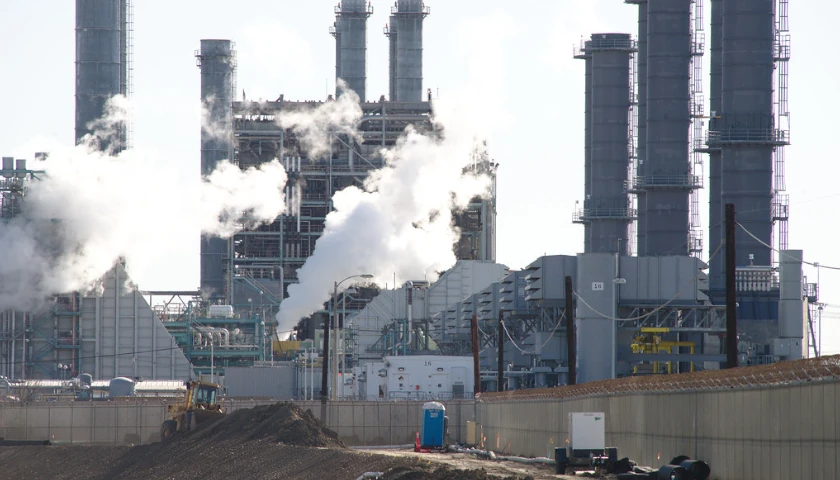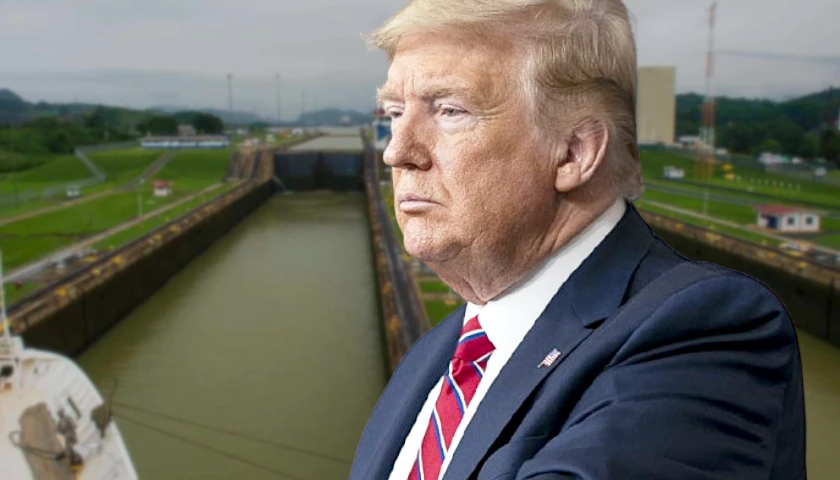by Scott McClallen
Electric vehicle battery supplier Our Next Energy says taxpayer subsidies are key to “accelerating” the buildout of a North American battery supply chain, stabilizing Michigan’s grid, and declaring energy independence from China.
Deeana Ahmed, Our Next Energy’s vice president of strategy and sustainability, testified Wednesday in front of the House Appropriations Committee.
ONE is a two-year-old Novi-based battery storage company that aims to double the range of electric vehicles by using more sustainable materials via a battery manufacturing campus in Van Buren Township. The facility will be one of the few wholly U.S.-owned manufacturers of lithium iron phosphate batteries and anode-free cells.
ONE plans to offer commercial electric vehicle products and grid market energy storage systems.
Ahmed said Michigan and federal taxpayer subsidies will allow ONE to be the first American company to manufacture LFP cells at scale in the United States in 2024.
The company is competing against Chinese battery maker CATL, which is serving as Ford’s “technical service provider” for its planned BlueOval plant in Marshall.
“In order to challenge those incumbents, you have to scale fast,” Ahmed said. “We have almost a two-year advantage from siting ourselves here in Michigan… Being behind isn’t necessarily an option right now.”
Ahmed said tax credits are needed to make it “plausible and feasible” for consumers to buy EVs. Currently, only 25,181 EVs are registered statewide.
A Detroit Regional Chamber statewide poll released Thursday concludes 46 percent of Michigan voters support the EV transition while 44 percent of respondents oppose it – with 33 percent of respondents saying they strongly oppose EVs.
Ahmed said the Inflation Reduction Act and other tax credits have made it economically viable to have storage systems to help onboard renewable energy, as it was “cost prohibitive before.”
Many EV battery makers rely on slave labor, as described in a book called “Cobalt Red, How the Blood of the Congo Powers Our Lives,” that explores human rights violations of mining cobalt in the Democratic Republic of Congo, where 75 percent of the supply of cobalt is mined to make lithium-ion batteries and EVs.
ONE plans to build a North American supply chain to reduce dependence on China in three phases.
- 2023-2025: leverage relationships with proven suppliers that can deliver components at scale.
- 2024-2030: move all supplier relationships to free trade agreement partners.
- 2026-2035: source all materials from North American supply chain.
ONE’s presentation claimed that battery demand for the EV and the energy storage system markets are projecting a 26 percent global compound annual growth rate for 2022-2030.
The state has approved $236 million to subsidize a ONE factory that the company claims will provide 2,112 jobs by 2027, paying an average wage of $72,000 annually.
Those subsidies include a $200 million Critical Industry Program performance-based grant via the Strategic Outreach and Attraction Reserve, a $21.6 million State Essential Services Assessment Exemption, and a $15 million Jobs for Michigan Investment Fund Loan.
Rep. Andrew Fink, R-Hillsdale, asked how long it would take ONE to recoup the taxpayer’s $236 million investment. Ahmed didn’t know, and the Michigan Economic Development Corporation hasn’t yet responded to the same question.
Fink questioned if $236 million of taxpayer money could be spent in another way to help all taxpayers and Michigan companies instead of favoring one company.
In total thus far, Michigan taxpayers are footing the bill for more than $3.3 billion of EV subsidies. The presentation follows Michigan taxpayers promising $715 million to Gotion, a Chinese battery maker, for a battery plant near Big Rapids.
– – –
Scott McClallen is a staff writer covering Michigan and Minnesota for The Center Square. A graduate of Hillsdale College, his work has appeared on Forbes.com and FEE.org.








